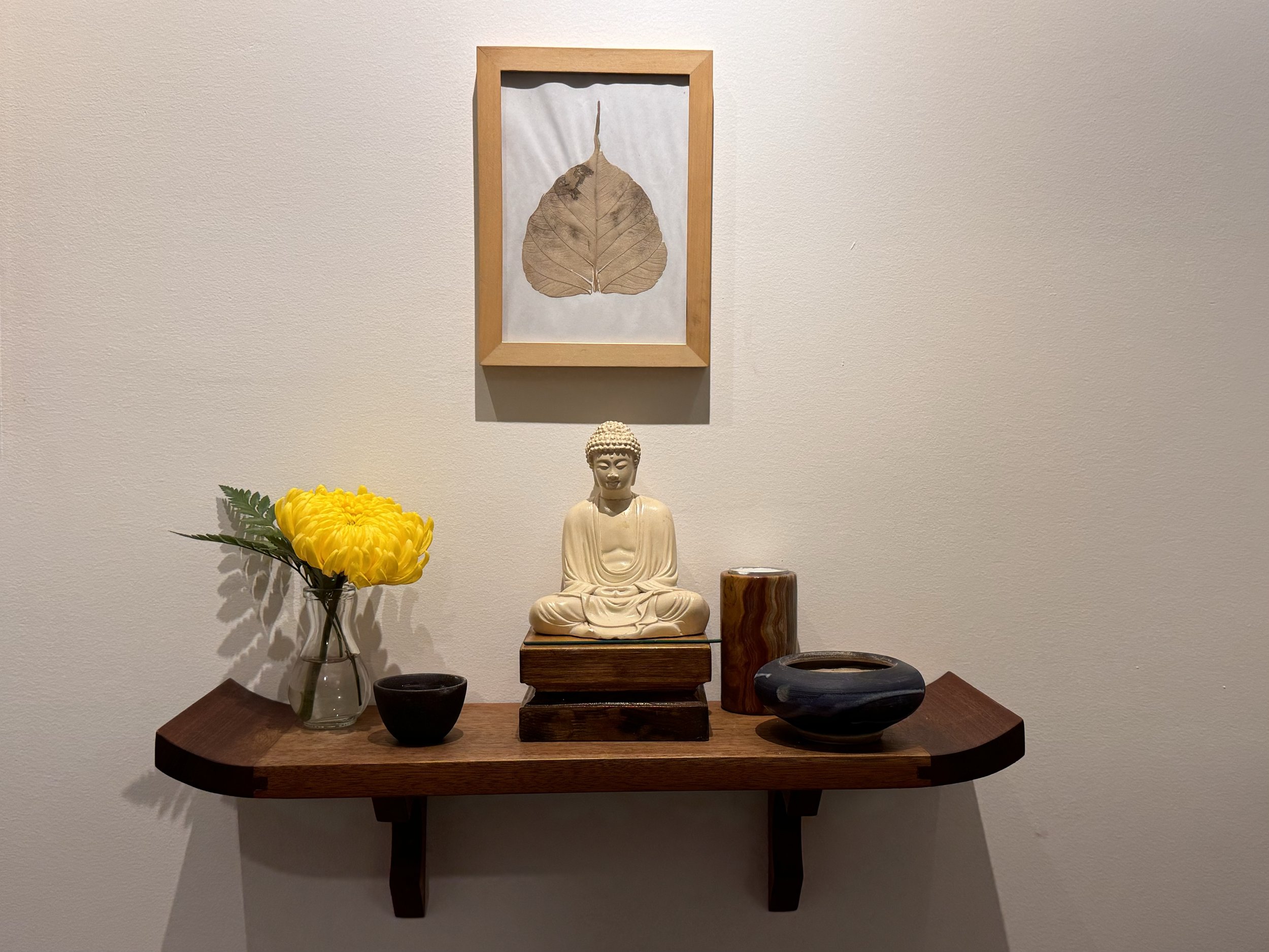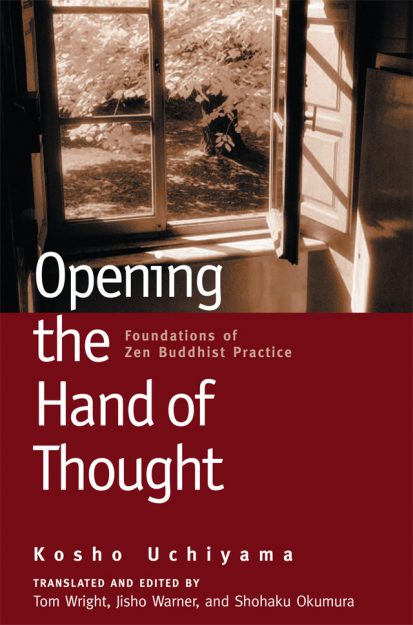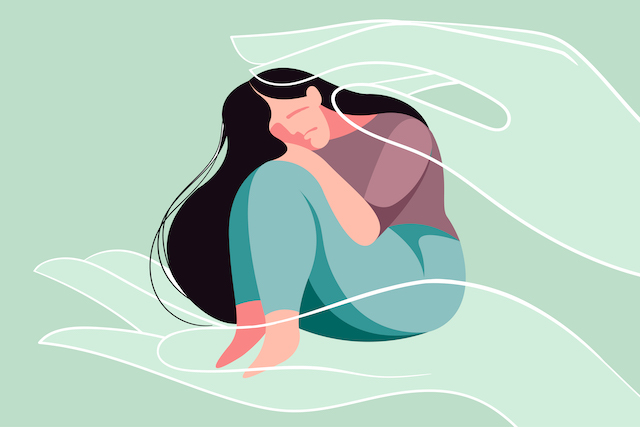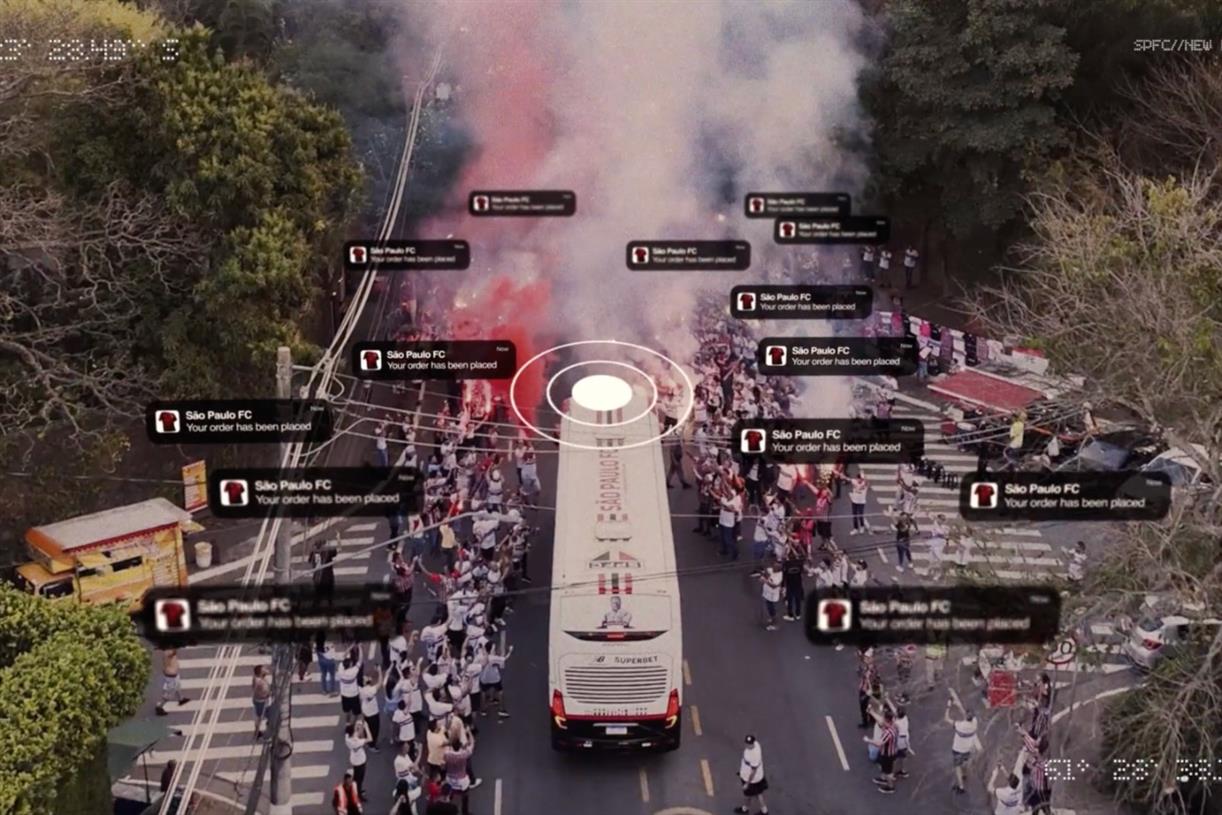Sitting Long and Getting Tired
A teacher on the all-inclusive nature of Zen meditation The post Sitting Long and Getting Tired appeared first on Tricycle: The Buddhist Review.

Personal Reflections Zen Buddhism
A teacher on the all-inclusive nature of Zen meditation
By Matthias Esho Birk Sep 20, 2024 An altar at Still Mind Zendo.
An altar at Still Mind Zendo.There is a famous Zen story from 10th-century China that goes like this: A monk asks Master Hsiang Lin, “What is the meaning of Zen?” The master answers, “Sitting long and getting tired!”
I imagine the monk’s facial expression at the master’s response. He probably expected something else: enlightenment, freedom, the end of suffering, personal growth. All the good stuff we want when we all come to meditation. And then we come, and what do we get? Seemingly endless meditation, tiredness, boredom, and a restless mind. And that’s not what we came for, is it?
When I teach newcomers at New York’s Still Mind Zendo, I often ask them afterward how it was (admittedly, maybe not the greatest question after two long rounds of sitting, confusing Zen rituals, and chanting seemingly impenetrable ancient chants). Most of the time, I receive answers like: “I found it really hard to quiet my mind,” “I had a hard time sitting still,” or “I got really tired.” And I assume the implied subtext of these comments is that it shouldn’t have been that way.
And isn’t that how we go through life? When we look carefully, we are in resistance to how things are most of the time. Things should be different! We have an idea how life should be, and underneath that idea is a desire: the desire to feel good, or simply not to suffer that much. And isn’t that so understandable? Of course we don’t want to suffer! Of course we want to feel good. But the belief we hold is that the only way to do this is to control the outer world. That is the basic paradigm of our psychic upbringing. “In order to feel good, safe, and at ease, we need to mold and control the world outside.”
Of course this belief shows up in our meditation practice too. We want to control the “outcome” of our meditation. We want bliss, focus, ease, a quiet mind, relaxation, happy thoughts. And what do we get? Tiredness. Or maybe worse: obsessive thoughts, anxiousness, and restlessness. We live in a world that constantly advertises our potential for something more, something better, something different. And ads for meditation are no different. Just the other day I saw an ad for a meditation center saying “Transforming hurt into spiritual power!” “Hey,” I thought, “I want spiritual power too!” I am not 100 percent sure what it is, but it sounds good, and definitely better than hurt. Of course we don’t want to feel hurt.
Maybe Master Hsiang Lin would have advertised it like this: “Come and try Zen meditation—you’ll sit long and get tired.” Good thing he lived in the 10th century. I imagine his social media following would have been sparse. Who wants to sit long and get tired? And it is exactly this that points us to the heart of Zen. There is nothing unique or special about getting tired or sitting long, for that matter. I imagine it is just what showed up to Master Hsiang Lin in that moment: He had sat long and was feeling tired. In other words, the meaning of Zen is nothing other than the expression of the now: reality unfolding. Not an imaginary reality—the one we hold in our mind. Real reality. As it is, right now. The meaning of Zen is never something else. Just this. Right here.
Kosho Uchiyama Roshi wrote a book with the superb title Opening the Hand of Thought. Our thoughts create duality: “Awake” is good, “tired” is bad, “focused” is good, “distracted” is bad. That is normal and understandable. But in practicing Zen, in focusing our awareness on the breath, we gradually (and sometimes suddenly) open the hand of thought. Actually, we don’t open that hand. It is the breath that opens it. And then reality emerges uncovered from the duality of thought. The “tired” is freed from anything extra. It is just “tired.”
 Photo courtesy Wisdom Publication
Photo courtesy Wisdom PublicationAnd, in a way, it is not even “tired.” Because if you have ever truly looked into what it is like in your body when you say you are tired, it is incredibly fluid, moving, changing. Not fixed. Reality doesn’t have a label. Only thoughts do. And then most of the time we can’t see reality because of all the labels we have put up. As if you had put all kinds of Post-its on your screen and now all you can ever see is your Post-its.
Zen meditation can be blissful, peaceful, focused, all that good stuff we all want. And it’s all right when that is what shows up. But the true reality Zen points us to is much deeper. It doesn’t have anything to do with our attachment to a state, an outcome, an experience. It is beyond that. But not beyond in some kind of separate way. A beyond in a surrendered way. One way to answer the monk’s question would be to say “just that.” But of course “that” can become an idea so quickly as well. So Master Hsiang Lin says “tired.” And in the morning maybe “awake.” Or “eating your cereal.”
The meaning of Zen is never something else. Just this. Right here.
What does all of this mean for us in our practice? It means we let the breath open up (or at least attempt to) the tight grip of the hand of thought. What is the meaning of Zen? Breath, listen, look. What is here? Right now? The great irony is that when we stop resisting what is, our suffering is transformed by itself. We realize that it was the very resistance that created the suffering. The opposite of resistance is love. We learn to unconditionally accept what is. To be clear: Accepting does not mean approving. Take one look at the world and the realization becomes more than evident that a lot of things are not OK. And that means we need to act to change them. And yet, at the same time, we can surrender to the basic fact that whatever is right now is the way it is.
Another famous Zen saying is “whatever meets the eye is the way.” There is no other goal to meditation than being right here (in a way, a nongoal): being whatever is right now, and that includes our thoughts, our judgments, and our resistance. When we accept our resistance, or maybe also our resistance to accepting our resistance, we start to include. Zen is always all-inclusive. Not one thing is separate. And that, my friend, includes your tiredness.
![]()
Thank you for subscribing to Tricycle! As a nonprofit, we depend on readers like you to keep Buddhist teachings and practices widely available.
This article is only for Subscribers!
Subscribe now to read this article and get immediate access to everything else.
Already a subscriber? Log in.

 Hollif
Hollif 































